In a landmark ruling to ensure transparency in the functioning of political parties, the Central Information Commission on Monday held that the parties are public authorities and answerable to citizens under RTI Act.
The Commission, a quasi-judicial body, has said six national parties Congress, BJP, NCP, CPI-M, CPI and BSP have been substantially funded indirectly by the central government and they have the character of public authority under the RTI Act as they perform public functions.
After the order of the full bench of CIC, the parties will be answerable to the citizens regarding their source of funding, how they spend money and choice of candidates for elections, among other issues.
The CIC has directed the parties to appoint Public Information Officers within six weeks to respond to RTI queries and adhere to all the legal provisions.
"In view of the nature of public functions performed by political parties...we conclude that political parties in question are public authorities under section 2(h) of the RTI Act," the Bench, comprising Chief Information Commissioner Satyanand Mishra and Information Commissioners Annapurna Dixit and M L Sharma, said.
The Commission held that political parties have the character as public authorities and "we hold that INC, BJP, CPIM, CPI, NCP and BSP have been substantially financed by the central government under section 2(h)(ii) of the RTI Act".
The Bench held the income tax exemptions granted to the parties and free air time given by All India Radio and Doordarshan at the time of elections also substantially contribute to indirect financing from the government.
"We have no hesitation in concluding that INC/AICC, BJP, CPI-M, CPI, NCP and BSP have been substantially financed by the central government and therefore they are held to be public authorities under Section 2(h) of the RTI Act," the Bench ordered.
On the performing of public duty point raised by Bairwal, the CIC held that political parties "affect the lives of the citizens, directly or indirectly in every conceivable way and are continuously engaged in performing public duty. It is, therefore, important that they become accountable to public".
"We are of the opinion that bringing the political parties in the ambit of RTI Act is likely to usher an era of transparency in their functioning. Besides, it would result in strengthening of democracy and democratice institutions in the country," the Commission said.
Activist Anil Bairwal of Association of Democratic Reforms and Subhash Agrawal had directed their RTI applications to these parties which were made parties by CIC when the matter reached the panel.
While Agrawal had sought information from Congress and BJP, Bairwal had sought details of funding and donors from the six major parties.
Not getting any response, they had approached the CIC seeking declaration of political parties as public authorities under the Right to Information Act after which citizens can seek information from them by paying Rs 10 as the fee.
After detailed hearings where representatives of these parties opposed bringing them under the RTI Act, the CIC full bench held in a 54-page order that they fulfill the criteria of being public authorities under the Act.
The Commission based its decision on three impotant points raised by complainants--substantial funding received by the parties from government, performance of public duty by them and legal provisions vesting them with rights and liabilities.
Under Section 2(h)(d) of the RTI Act, public authority can be a body established by notification issued or made by the appropriate government and includes any (i) body owned, controlled or substantially financed (ii) non-government organisation substantially financed, directly or indirectly by funds provided by the appropriate Government.
"If not strictly within the letter of this particular provision (d), but at least, in spirit, these political parties can be said to have been constituted by their registration by the Election Commission of India, a fact akin to the establishment or constitution of a body or institution by an appropriate government," the Commission held.
In an attempt to establish direct and indirect funding by the Government, the CIC wrote to Directorate of Estate to know that land and buildings allotted to political parties in the national capital, which showed huge tracts of lands given to political parties at subsidized rates.
"We strongly believe that the premium and the lease rent being charged from the political parties do not reflect the true value of these properties. This, in our considered opinion, amounts to indirect financing and when added to the income tax exemption enjoyed by these political parties, it would amount to substantial financing," it said.
The Commission also took into account I-T exemptions given to political parties and found that during last three years BJP got Rs 141.25 crore, Congress got Rs 300.92 crore, BSP got Rs 39.84 crore, CPI-M got Rs 18.13 crore, CPI got Rs 24 lakh and NCP got Rs 9.64 crore as I-T exemption.
![submenu-img]() Meet man who once suffered loss of Rs 15 crore, then built Rs 2000 crore turnover company at 60, he is…
Meet man who once suffered loss of Rs 15 crore, then built Rs 2000 crore turnover company at 60, he is…![submenu-img]() 'They did her dirty': Aishwarya Rai fans criticise stylist for her 'failed art project' outfit on Cannes red carpet
'They did her dirty': Aishwarya Rai fans criticise stylist for her 'failed art project' outfit on Cannes red carpet![submenu-img]() Woman walks on the streets of Tokyo in saree, viral video shows people’s reaction
Woman walks on the streets of Tokyo in saree, viral video shows people’s reaction![submenu-img]() Blinkit offering ‘free dhaniya’ with vegetable orders, people now asking for free…
Blinkit offering ‘free dhaniya’ with vegetable orders, people now asking for free…![submenu-img]() Kartam Bhugtam: Shreyas Talpade-starrer is a riveting dive into the unknown
Kartam Bhugtam: Shreyas Talpade-starrer is a riveting dive into the unknown![submenu-img]() Meet PhD wife of IIT graduate hired at Rs 100 crore salary package, was fired within a year, he is now…
Meet PhD wife of IIT graduate hired at Rs 100 crore salary package, was fired within a year, he is now…![submenu-img]() Meet woman not from IIT, IIM or NIT, cracked UPSC exam in first attempt with AIR...
Meet woman not from IIT, IIM or NIT, cracked UPSC exam in first attempt with AIR...![submenu-img]() Maharashtra Board Results 2024: MSBSHSE class 10th, 12th results soon, know how to check results via SMS
Maharashtra Board Results 2024: MSBSHSE class 10th, 12th results soon, know how to check results via SMS![submenu-img]() Meet Indian genius who became world’s 'youngest' surgeon at 7, worked in IIT for...
Meet Indian genius who became world’s 'youngest' surgeon at 7, worked in IIT for...![submenu-img]() Meet Kashmir boy, who is JEE topper, wants to pursue Computer Science, he aims to clear...
Meet Kashmir boy, who is JEE topper, wants to pursue Computer Science, he aims to clear...![submenu-img]() DNA Verified: Is CAA an anti-Muslim law? Centre terms news report as 'misleading'
DNA Verified: Is CAA an anti-Muslim law? Centre terms news report as 'misleading'![submenu-img]() DNA Verified: Lok Sabha Elections 2024 to be held on April 19? Know truth behind viral message
DNA Verified: Lok Sabha Elections 2024 to be held on April 19? Know truth behind viral message![submenu-img]() DNA Verified: Modi govt giving students free laptops under 'One Student One Laptop' scheme? Know truth here
DNA Verified: Modi govt giving students free laptops under 'One Student One Laptop' scheme? Know truth here![submenu-img]() DNA Verified: Shah Rukh Khan denies reports of his role in release of India's naval officers from Qatar
DNA Verified: Shah Rukh Khan denies reports of his role in release of India's naval officers from Qatar![submenu-img]() DNA Verified: Is govt providing Rs 1.6 lakh benefit to girls under PM Ladli Laxmi Yojana? Know truth
DNA Verified: Is govt providing Rs 1.6 lakh benefit to girls under PM Ladli Laxmi Yojana? Know truth![submenu-img]() Aishwarya Rai Bachchan turns heads in intricate black gown at Cannes, walks the red carpet with injured arm in cast
Aishwarya Rai Bachchan turns heads in intricate black gown at Cannes, walks the red carpet with injured arm in cast![submenu-img]() Laapataa Ladies' Poonam aka Rachna Gupta looks unrecognisable in viral photos, amazes with jaw-dropping transformation
Laapataa Ladies' Poonam aka Rachna Gupta looks unrecognisable in viral photos, amazes with jaw-dropping transformation![submenu-img]() In pics: Taarak Mehta Ka Ooltah Chashmah actress Deepti Sadhwani dazzles in orange at Cannes debut, sets new record
In pics: Taarak Mehta Ka Ooltah Chashmah actress Deepti Sadhwani dazzles in orange at Cannes debut, sets new record![submenu-img]() Ananya Panday stuns in unseen bikini pictures in first post amid breakup reports, fans call it 'Aditya Roy Kapur's loss'
Ananya Panday stuns in unseen bikini pictures in first post amid breakup reports, fans call it 'Aditya Roy Kapur's loss'![submenu-img]() Remember Harsh Lunia? Just Mohabbat child star, here's how former actor looks now, his wife is Bollywood's popular...
Remember Harsh Lunia? Just Mohabbat child star, here's how former actor looks now, his wife is Bollywood's popular...![submenu-img]() Haryana Political Crisis: Will 3 independent MLAs support withdrawal impact the present Nayab Saini led-BJP government?
Haryana Political Crisis: Will 3 independent MLAs support withdrawal impact the present Nayab Saini led-BJP government?![submenu-img]() DNA Explainer: Why Harvey Weinstein's rape conviction was overturned, will beleaguered Hollywood mogul get out of jail?
DNA Explainer: Why Harvey Weinstein's rape conviction was overturned, will beleaguered Hollywood mogul get out of jail?![submenu-img]() What is inheritance tax?
What is inheritance tax?![submenu-img]() DNA Explainer: What is cloud seeding which is blamed for wreaking havoc in Dubai?
DNA Explainer: What is cloud seeding which is blamed for wreaking havoc in Dubai?![submenu-img]() DNA Explainer: What is Israel's Arrow-3 defence system used to intercept Iran's missile attack?
DNA Explainer: What is Israel's Arrow-3 defence system used to intercept Iran's missile attack?![submenu-img]() 'They did her dirty': Aishwarya Rai fans criticise stylist for her 'failed art project' outfit on Cannes red carpet
'They did her dirty': Aishwarya Rai fans criticise stylist for her 'failed art project' outfit on Cannes red carpet![submenu-img]() Kartam Bhugtam: Shreyas Talpade-starrer is a riveting dive into the unknown
Kartam Bhugtam: Shreyas Talpade-starrer is a riveting dive into the unknown![submenu-img]() Richa Chadha says Heeramandi co-star Sharmin Segal being trolled for her performance is 'audience’s right'
Richa Chadha says Heeramandi co-star Sharmin Segal being trolled for her performance is 'audience’s right'![submenu-img]() Meet only Indian actress whose film is competing for top prize at Cannes; not Aishwarya, Deepika, Kiara, Priyanka, Alia
Meet only Indian actress whose film is competing for top prize at Cannes; not Aishwarya, Deepika, Kiara, Priyanka, Alia![submenu-img]() How two heroines beat Rajinikanth, Vijay, Dhanush to give Tamil cinema's biggest hit of 2024; low-budget film earned...
How two heroines beat Rajinikanth, Vijay, Dhanush to give Tamil cinema's biggest hit of 2024; low-budget film earned...![submenu-img]() Woman walks on the streets of Tokyo in saree, viral video shows people’s reaction
Woman walks on the streets of Tokyo in saree, viral video shows people’s reaction![submenu-img]() Why Australians walk barefoot in public: Here’s the reason
Why Australians walk barefoot in public: Here’s the reason![submenu-img]() People in this country compete to see who’s best at doing nothing, here's why
People in this country compete to see who’s best at doing nothing, here's why![submenu-img]() Viral video: Influencer dressed as 'Manjulika' dances on crowded road, internet reacts
Viral video: Influencer dressed as 'Manjulika' dances on crowded road, internet reacts![submenu-img]() Viral video: Baby elephant receives 'Z-category security' during family nap in Tamil Nadu reserve
Viral video: Baby elephant receives 'Z-category security' during family nap in Tamil Nadu reserve
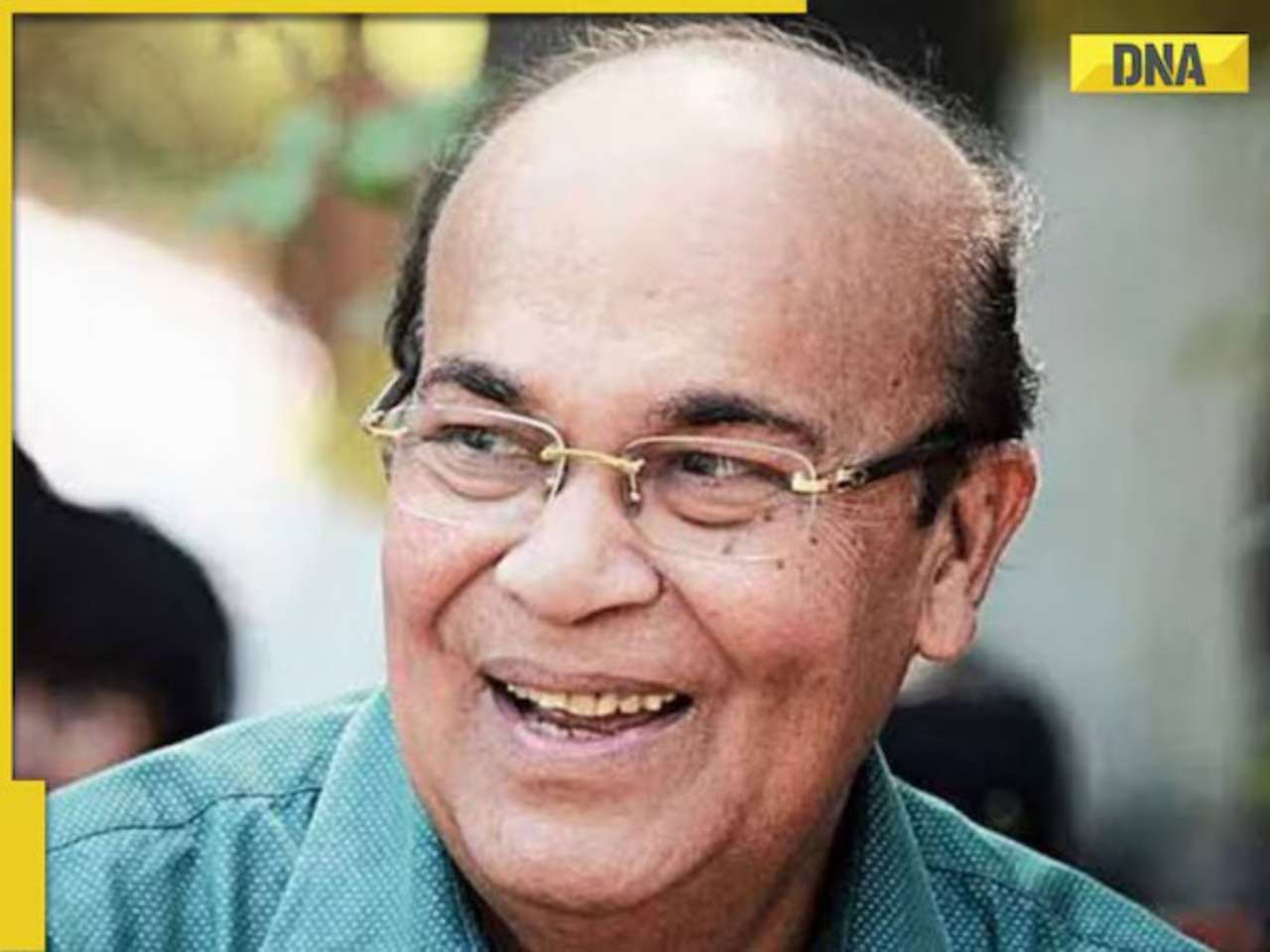

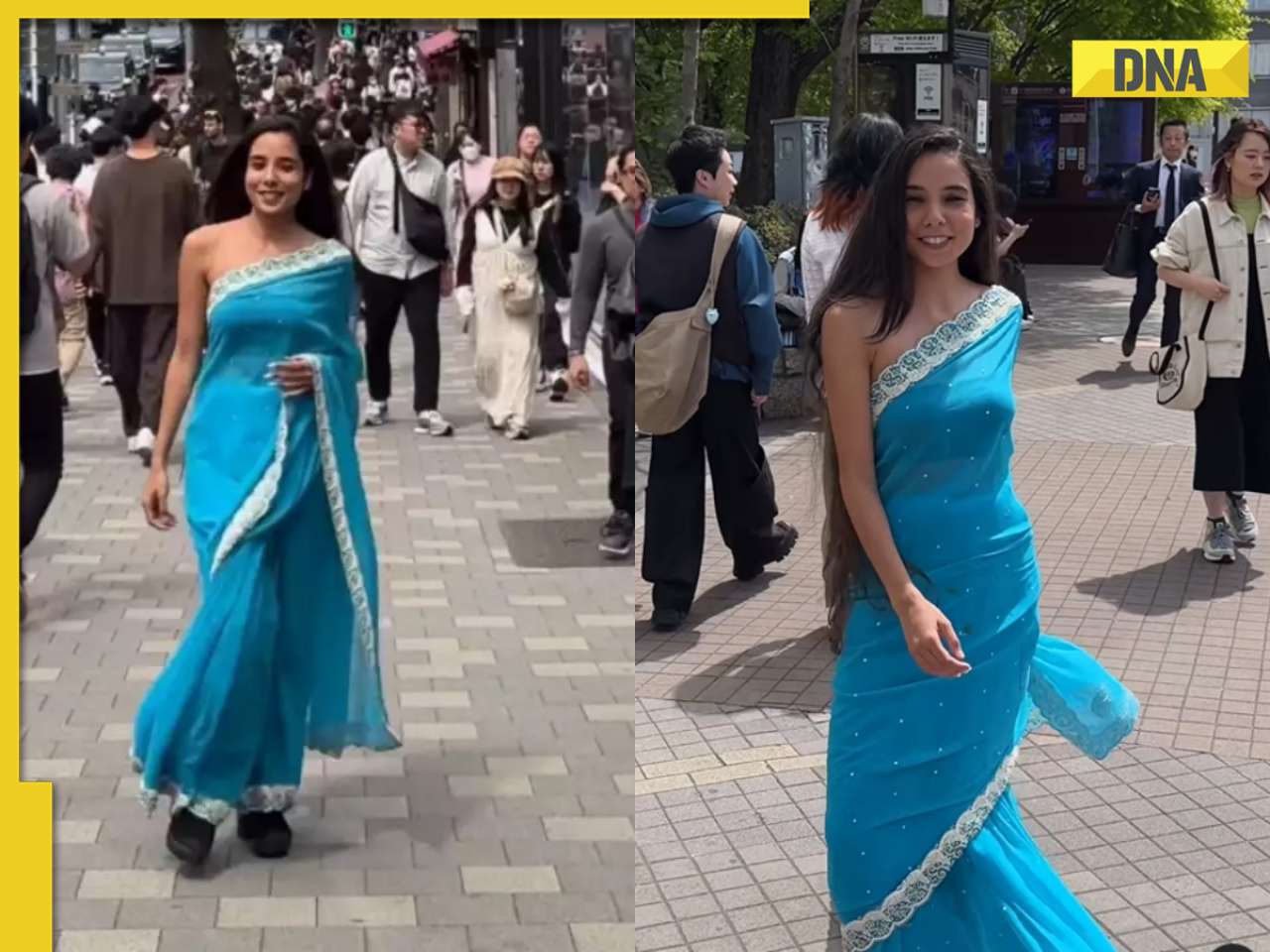
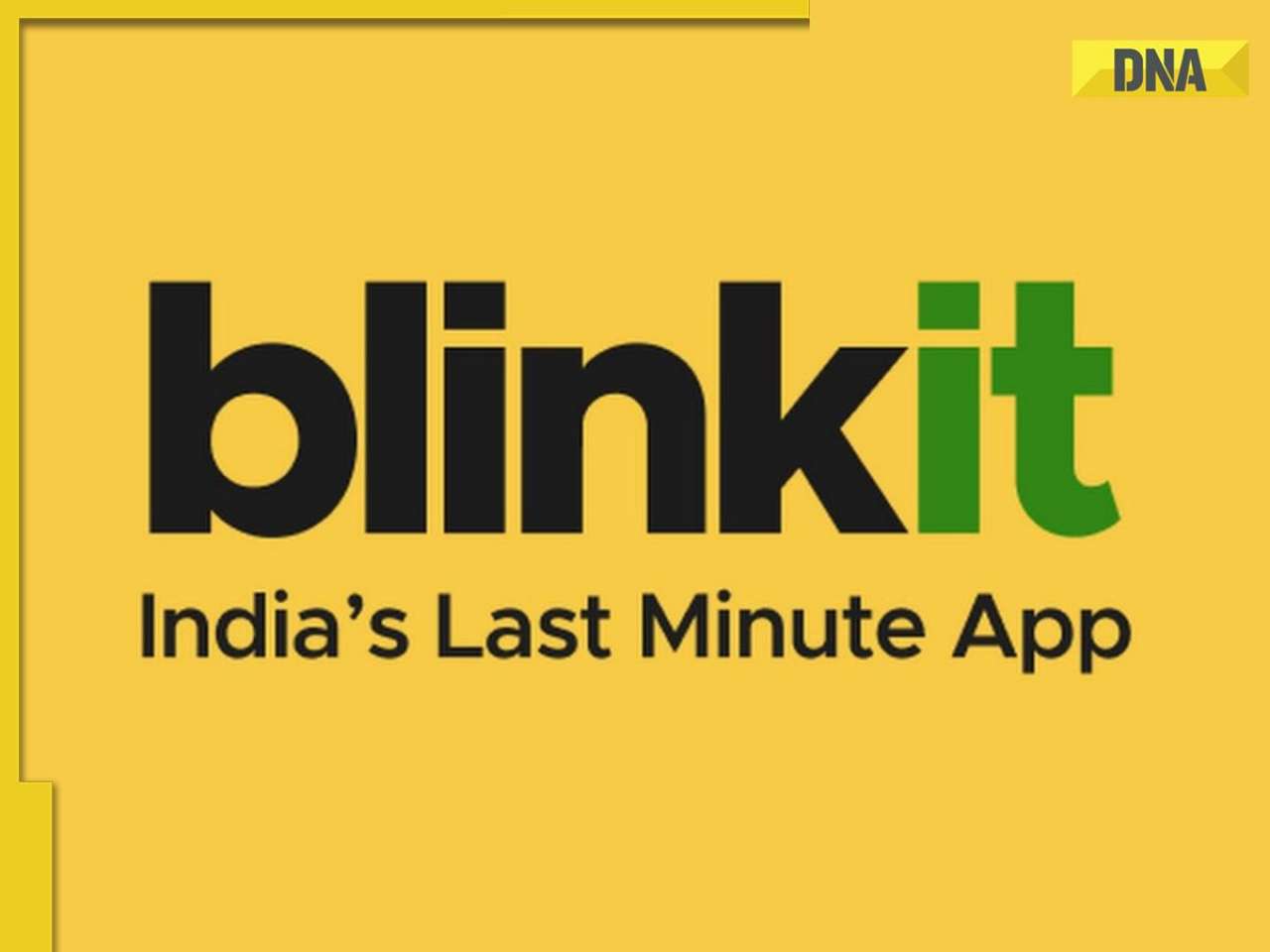
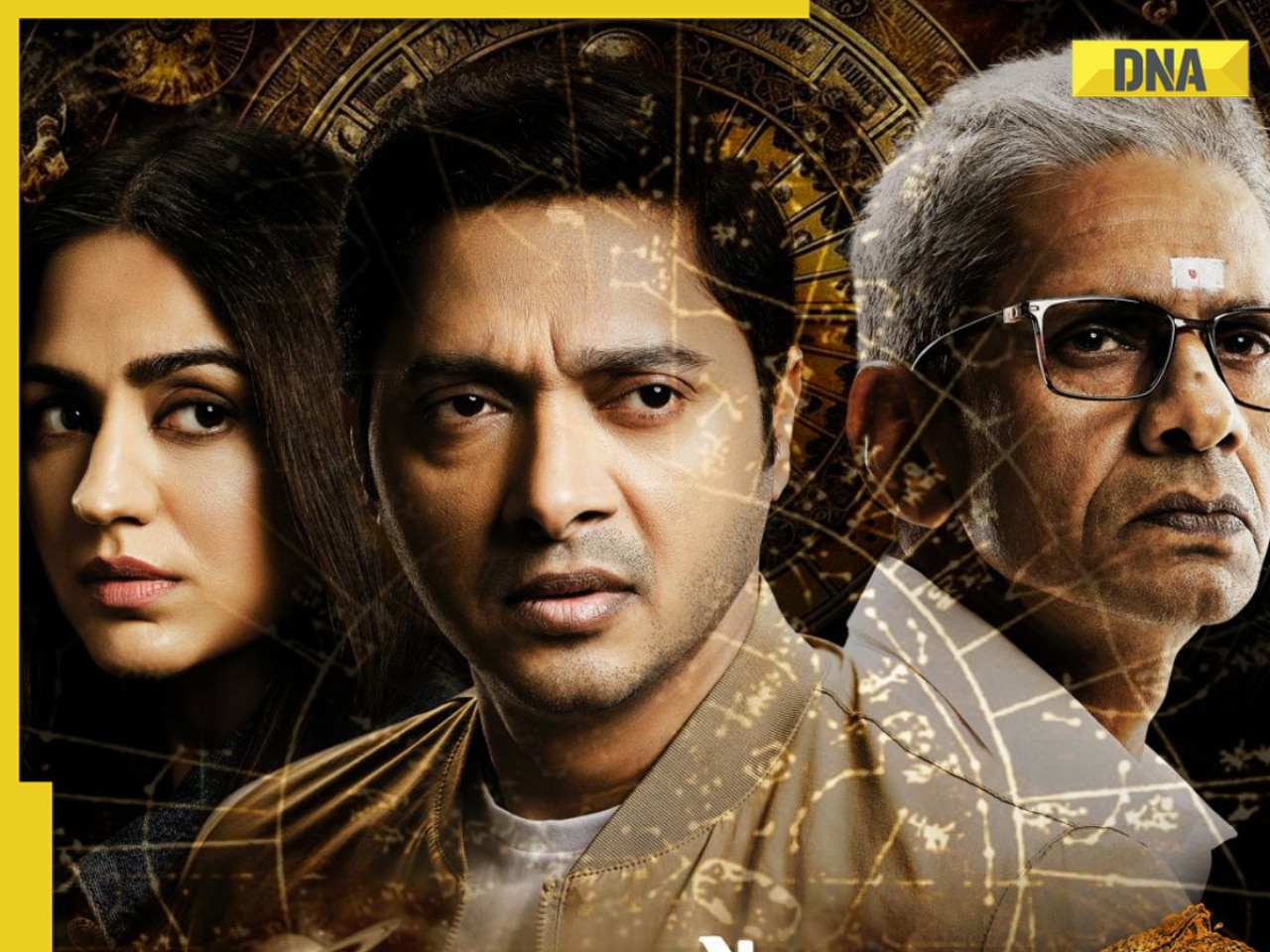






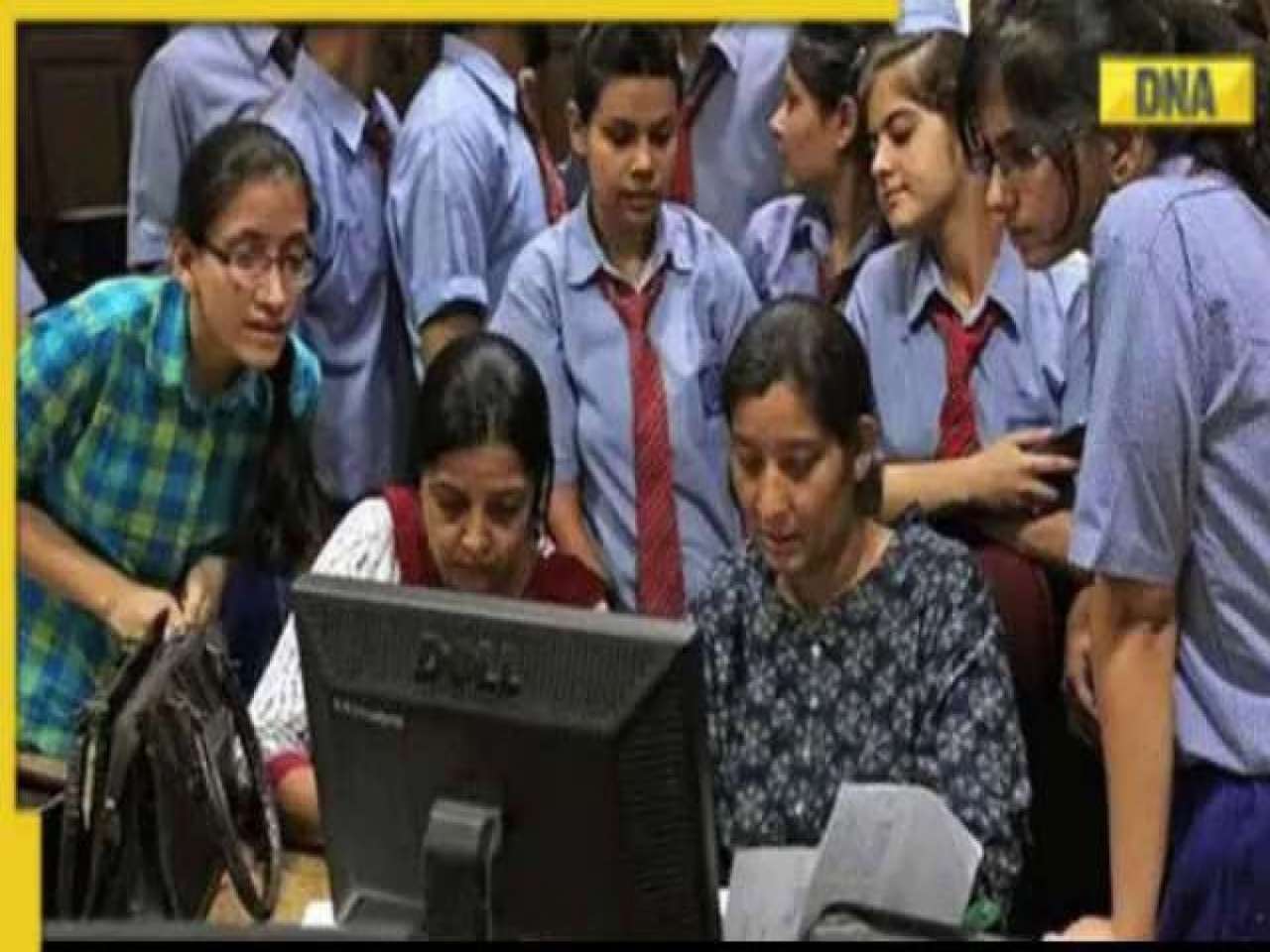






















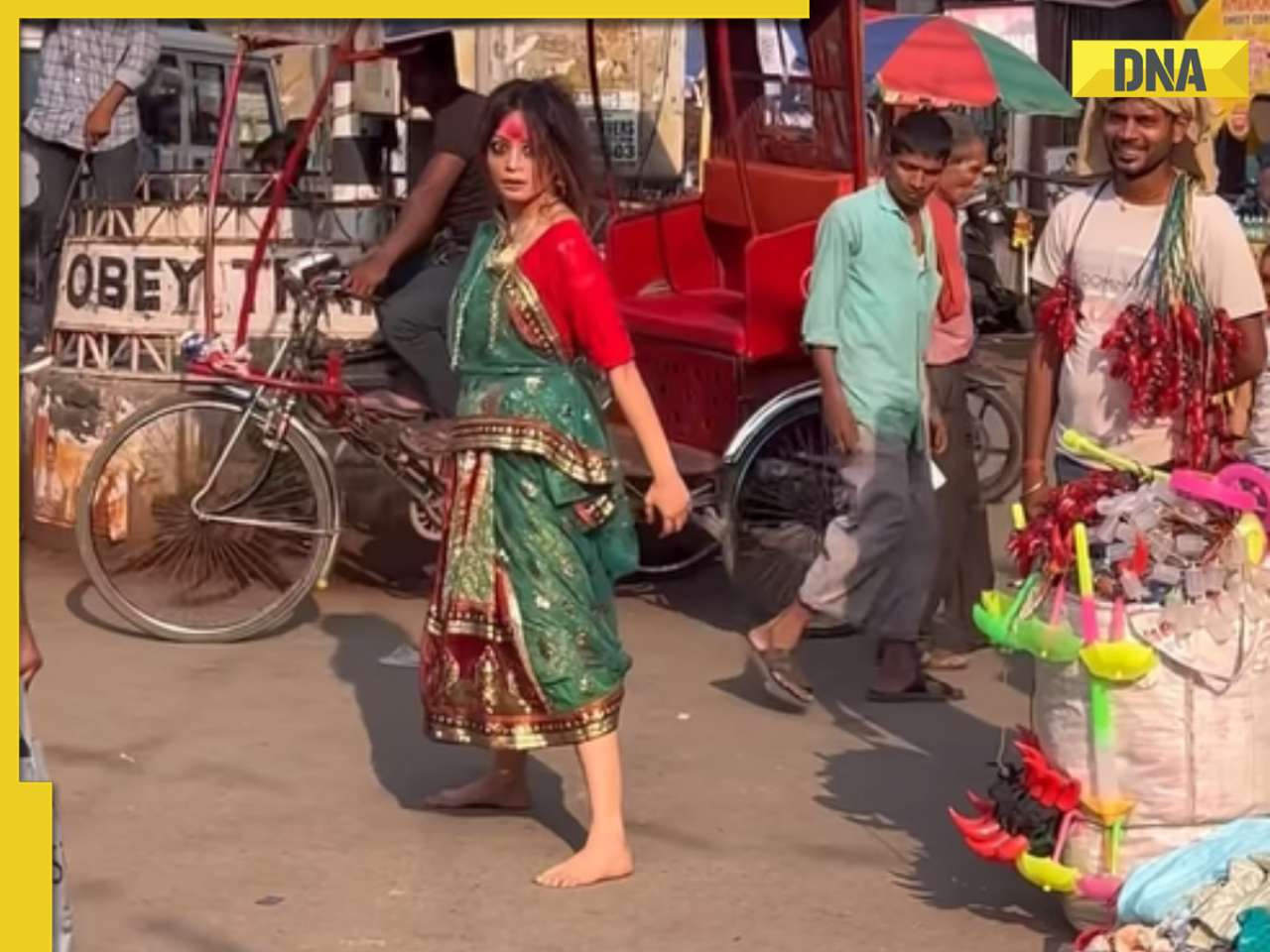


)













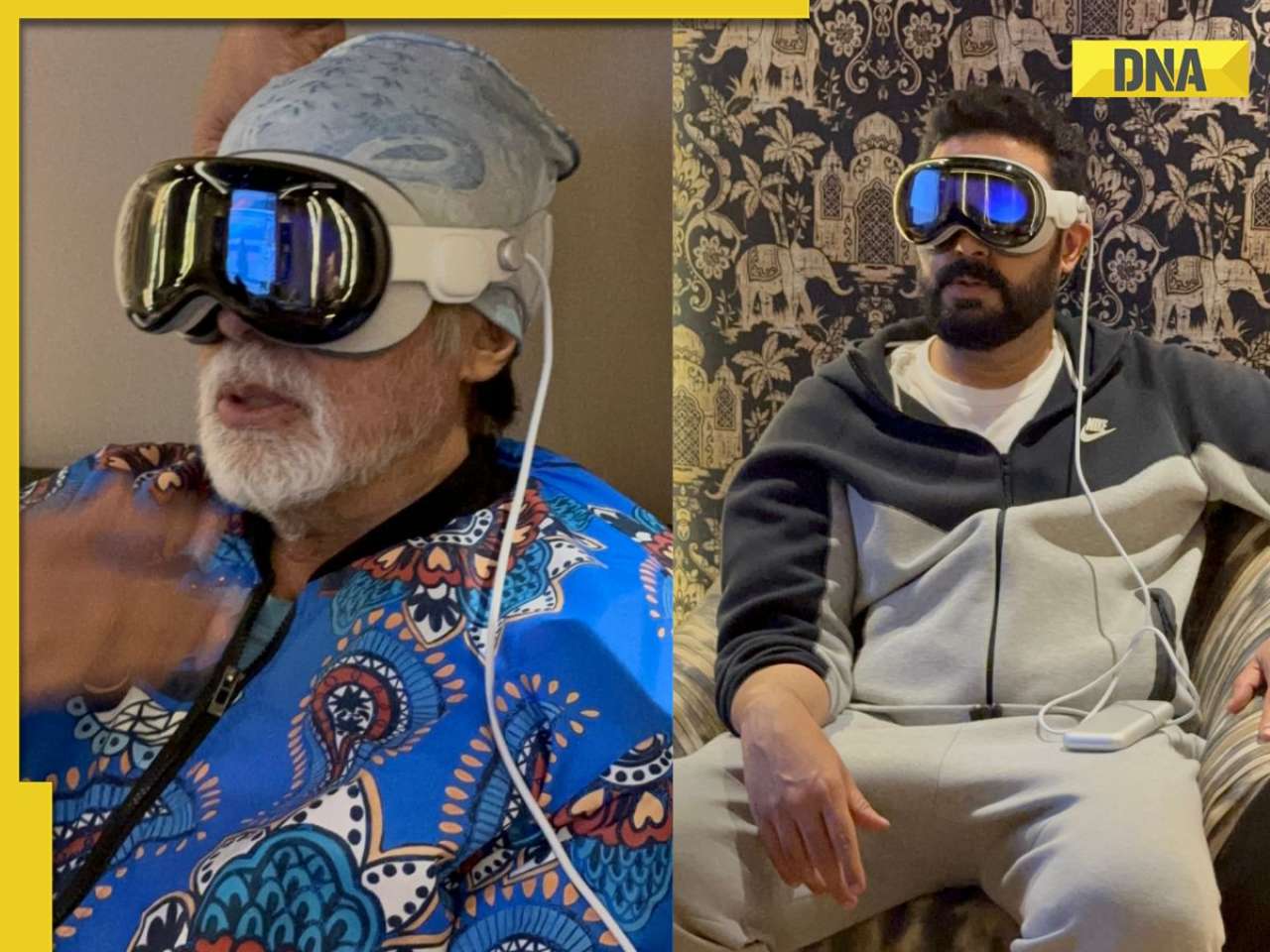




)
)
)
)
)
)